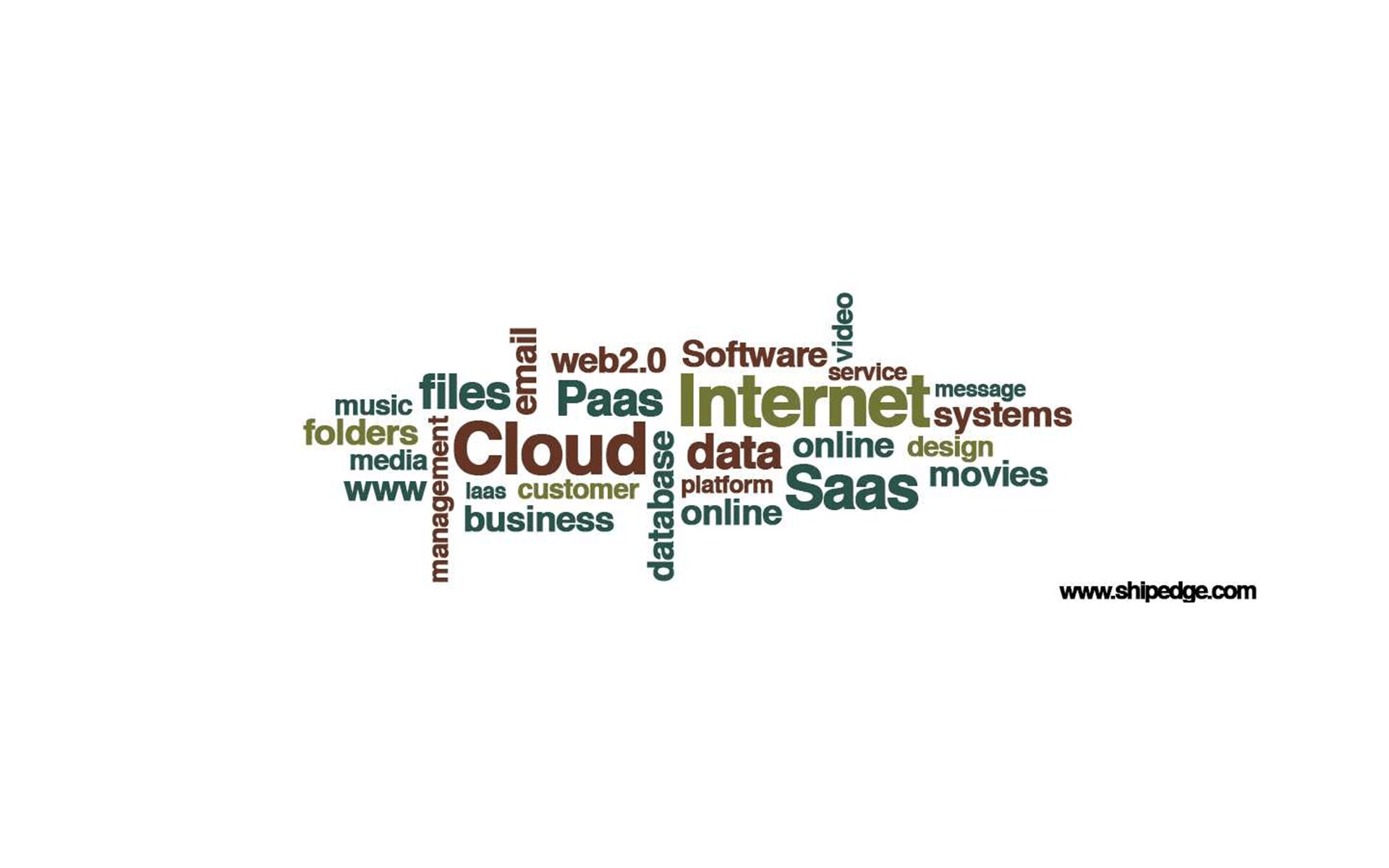Over recent years a new term has become synonymous with the Internet and software, the cloud. The cloud is mentioned everywhere and there has been a massive migration of both businesses and consumers alike moving towards operating in the cloud. The cloud has become extremely popular because of the implications and the benefits it provides both businesses and everyday people; the ability to access their files and software from anywhere at anytime, on demand. That is why the cloud has become so popular and continues to grow. The cloud isn’t anything special and all it really refers to is the Internet itself. The cloud is just a term that has become popular due to mentioning of ones files, photos, or music of being stored in a location other than the local host, or your device’s hard drive, be it a computer or phone. However, true cloud is just a name just like Web 2.0 when people realized teams could collaborate and increase productivity. Using Cloud service provides an advantage companies require to remain competitive. The reason this has become so popular and interesting extends to many areas. Outsource Security, centralized backup, Work Collaboration to name a few. Not only enterprises benefit from the Cloud.
At a personal level too, people no longer need to worry about having to copy all their work files from your personal computer at home if you spent all night writing up a report for your job if you can just save it onto the cloud and instantly have it be available for you when you arrive at your computer the next day. Another way to look at it is imagine having your music at home and being able to listen to it on a road-trip through your phone since you have them saved onto your personal cloud account on Dropbox, Google Drive or Apple’s iCloud. It doesn’t take much to see why this new technology has caught on and become so popular, it just makes life that much easier but an even bigger shift in thinking has started happening in the business world. The ability to use software from any where, with any device via a native app or browser and having users being able to carry over their files and settings in a seamless matter is revolutionary. You can check your email from your phone or laptop in any country or store files at home and access them at work the next day without having to use a thumb stick drive or CD. Ever since email hosts started popping up back in the day from Hotmail to Gmail the essence of the cloud was starting to be seen. Your emails could be accessed from anywhere as long as you had your username and password and access to the Internet. Companies and businesses started to see the implications of taking that idea and applying it to all sorts of files, no matter their size and the idea of the cloud was born.
Cloud was adopted by small business for years, giving them an advantage over large corporations. Now, larger companies are also starting to see the benefits more and more. Regardless of the company size, businesses don’t have to spend thousands of dollars on purchasing hardware servers and storing them in large rooms that have to be ventilated and secured. They can easily go to a site like Rackspace or Amazon’s Web Services and purchase virtual servers on demand and only pay for the servers they use and need and whenever they need more they can easily purchase more or if they have too many they can stop paying for the extra servers at will. This has allowed for recent industries to grow exponentially such as Software as a service (Saas), platform as a service (Paas) and even Infrastructure as a service (Iaas). These industries were making 58 billion dollars in 2013 but they are expected to grow to an unbelievable 191 billion dollars by 2020.
Pay as you go, on-demand is the new craze in the technology world and consumers are taking notice. You can easily see the growing popularity of Software as a service (Saas) by looking at the astronomical rise of companies such as Salesforce.com or Amazon’s or Rackspace’s new centralized data center divisions. Google Drive and Dropbox have also grown to huge proportions when only a few years ago you had Silicon Valley venture capitalists that weren’t even interested in investing in a company like Dropbox, which now seems ludicrous seeing how much growth they have had. Last year cloud services grew by 60% and it is only expected to continue growing robustly over the next 5 years.
Saas is seeing the most growth out of all the different cloud-based industries and is expected to generate 106 billion dollars in revenue by next year. Platform as a service, similar to Saas, instead of offering on-demand software, offers a platform for creating software delivered via the Internet and is expected to generate 44 billion by 2020. The ability to outsource and only pay for what you need when you need it is a great cost-effective way to operate for corporations and consumers alike.
An industry that is growing just as much as Cloud-based data centers and Saas businesses is the cloud security business. Having all your files on the Internet in virtual servers allows for hackers to have complete access to everything your business stores by being able to hack into the server if the security is not up to par. This dilemma has become an increasing counterpoint for critics of the cloud-based trend and they are quick to point out that we are trading security in exchange for easier access to our files and software. The growing focus on security has created some great strides and advancement in securing these virtual data centers and companies are spending millions of dollars into securing their data for their customers so this is not likely to become a big issue for the cloud industry as it continues to grow over the years. With the right protocols and processes in place you can take care of the majority of security loopholes that some black hat hackers try to take advantage of.
In the logistics industry cloud-based companies are becoming the future of software programs that manage large fulfillment warehouses and third party logistics companies. Companies that refuse to migrate to the cloud are getting left behind in terms of sales and clients as more and more fulfillment companies are switching over to on-demand warehouse management systems and web-based order management systems. The providers who refuse to see the writing on the wall will soon have to either make the switch or risk losing their clients to newer cutting edge technologies such as Shipedge or other providers that provide this on-demand cloud-based solution.
Since the beginning, Shipedge has seen the growing trend of cloud-based solutions and implemented the platform on the cloud and this has allowed Shipedge to have a step up on the competition. We are easily able to setup a virtual server for a new client in a matter of a day and have all the necessary information and files in place for them to logon to their private server within a few hours of signing on to Shipedge. Compare this to other companies who have to fly in software developers and IT technicians to setup servers in-house and then install gigantic software platforms on the local host it just doesn’t look like the better choice for most companies where speed matters. More than speed though, accessibility and ease of access is a huge benefit of having a software platform run on the cloud. Other companies have started to see this growing trend and have begun trying to implement their own changes over to web-based solutions but some have failed miserably and sold their customers a product with so many bugs it was practically impossible to use to manage their operations as seen by the negative reviews online. They will eventually get it right and their software development teams will sort out the bugs but the loss of customer trust is a huge thing to lose and companies that start out on the cloud can avoid this dilemma outright from the get go.
As the cloud industry continues to grow more and more companies will make the switch and more cloud-based software solutions will continue to appear but those that started early will grab the majority of the market and as the industry continues to expand and advance, the technology companies that offer Software as a service on demand are more likely to benefit and progress than those that refuse to modernize their software and move towards the future of technology.
If you wish to see Shipedge in action and witness the great benefits cloud-based Warehouse Management and Order Management has to offer to your company then schedule your personalized demo today! Visit https://shpdev-03.shipedge.com/shipedgepricing for more information














0 Comments